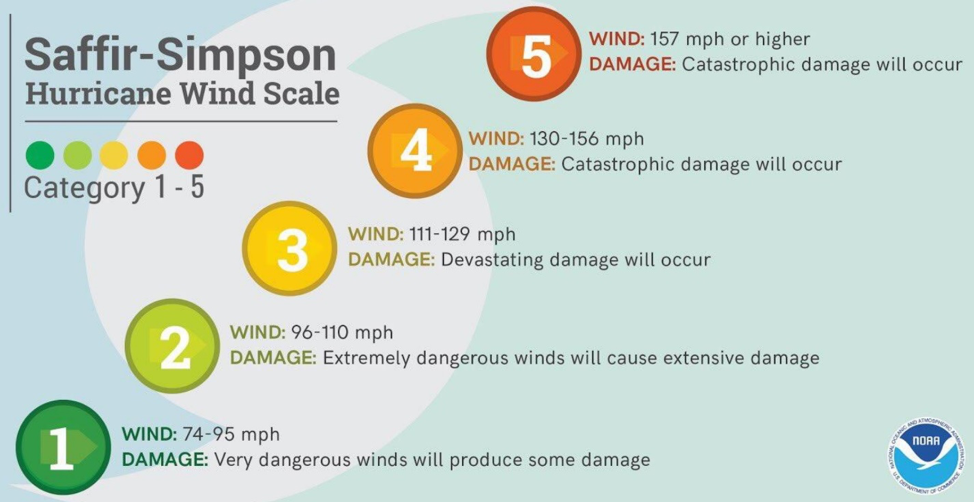Leave by Car
If you have a car, check with your friends to see if others need a ride. Do not wait until the last minute to leave the city. Remember that everyone else is leaving too, and traffic will move so slowly that it can take several hours to go just 100 miles. Leave the city with a full tank of gas, a map, food, and water. To avoid the worst traffic, try leaving in the early morning. Consider driving north on Interstate 59 instead of west on Interstate 10. Once outside of the city you may want to get off the Interstate and travel the smaller highways to avoid traffic jams. At some point, the Louisiana State Police will direct all lanes of traffic on the major highways to flow out from the city. Prior to your departure, make sure you understand the various “contra-flow” evacuation routes. Contra-flow maps and more information are available at http://www.lsp.org/pdf/2016EmergencyGuide_English.pdf.
Leave by Train
Only two trains leave New Orleans on a daily basis, so if you use this method, you need to make your reservation as soon as it becomes clear that evacuation is necessary.
The Crescent City leaves at 9:15 am and travels all the way to New York. The first six stops after Slidell are Picayune, MS, Hattiesburg, MS; Laurel, MS; Meridian, MS; Tuscaloosa, AL; and Birmingham, AL.
The City of New Orleans leaves every day at 1:45 pm headed for Chicago. The first eight stops out of New Orleans are Hammond, LA; McComb, MS; Brookhaven, MS; Hazelhurst, MS; Jackson, MS; and Yazoo City, MS; Greenwood, MS, and Memphis, TN.
Other routes do exist and are available but not every day. Prices vary, of course, but as an example, a round trip ticket to Memphis, TN will cost around $138. It can be cheaper when people travel in groups and there are student discounts but only if a discount card is purchased first. An advantage of evacuating by train is that Amtrak allows you to put an option on the reservation of your seat onboard until the departure time of your train at no charge at all. Trains also offer more comfort than buses. For more details, you can call 1-800-USARAIL or check the website at http://www.amtrak.com.
Leave by Bus
The bus can be cheaper than train if booked far in advance but it would not be applicable in the case of a hurricane evacuation. Most buses do not offer direct routes and have to make connections in Baton Rouge which might make your trip longer than on the train, but on the other hand, there are many more options and destinations available by bus. You should rapidly pick your destination, make sure you can get there by bus, make your hotel or shelter arrangements, then buy your bus ticket. (As an example, a round trip bus ticket to Memphis, TN costs around $85 and depending on how far in advance it was purchased). You can reach Greyhound bus by calling 1-800-231-2222 or, locally, 504-524-7571. You can find the website at http://www.greyhound.com/.
Evacuate with UNO
Limited bus transportation is available to evacuate those resident and international students who are unable to evacuate on their own. These students may only bring minimal personal belongings that they are able to hold on their lap. NO SUITCASES are allowed and all personal belongings must be in a book bag or small duffle/gym bag.


